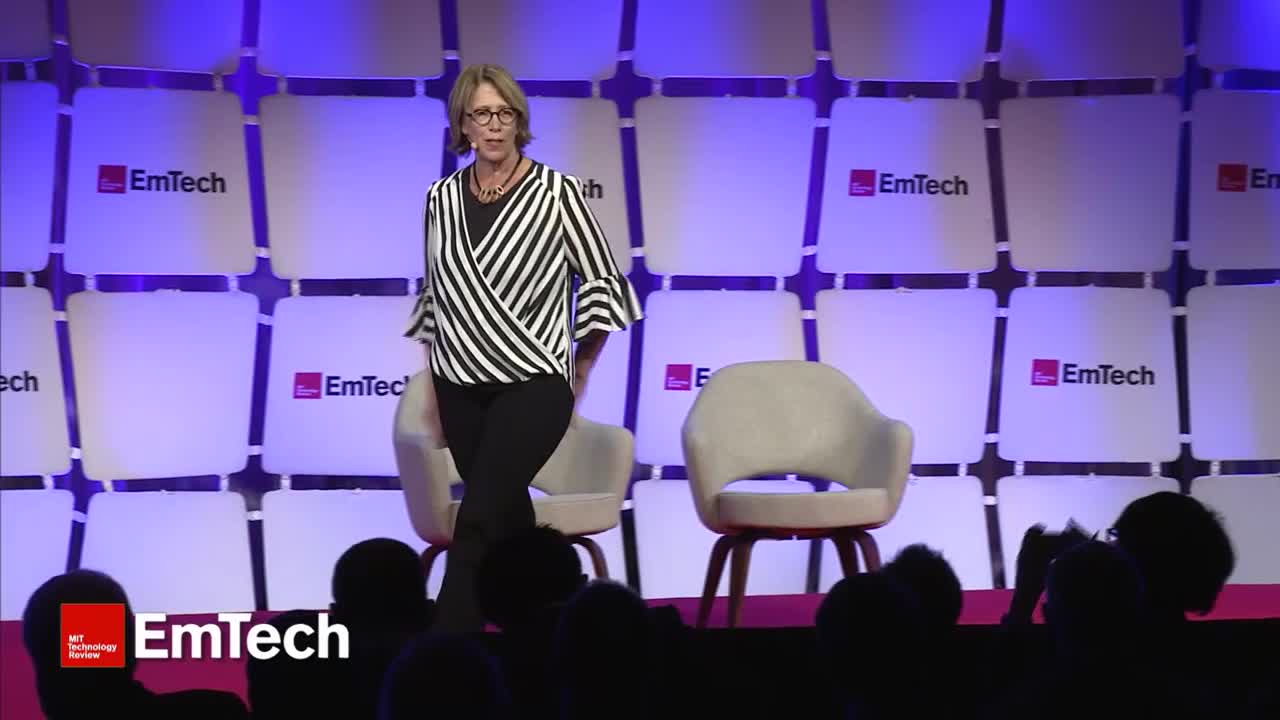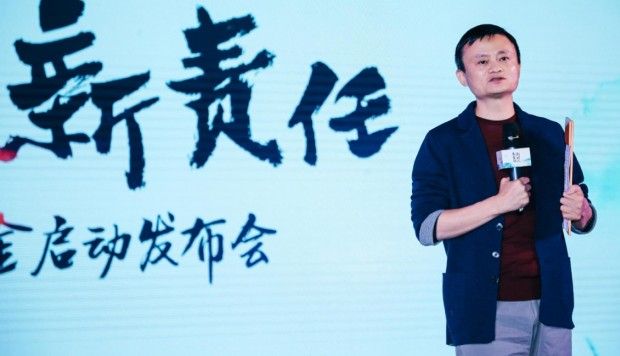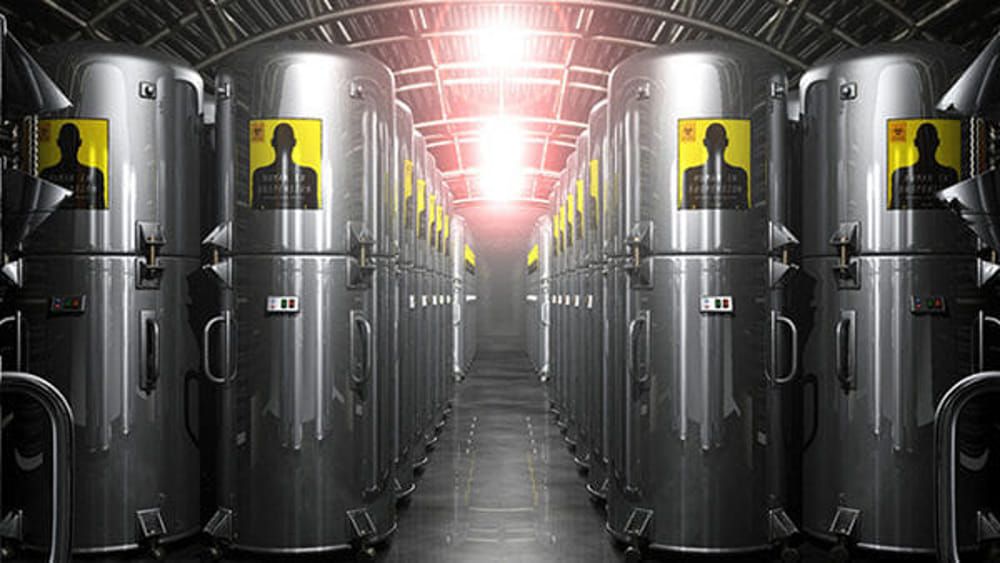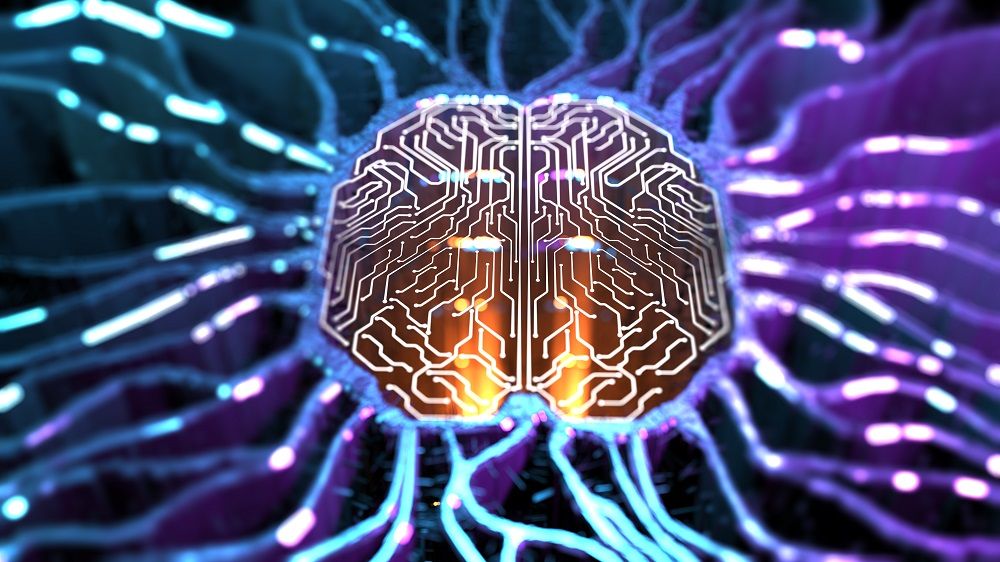Dr. Aubrey de Grey Summarizes Rejuvenation Research at the MIT Technology Review. To learn more about the work of Dr. Aubrey de Grey and the SENS Foundation visit http://www.sens.org/
Since the dawn of medicine, aging has been doctors’ foremost challenge. Three unsuccessful approaches to conquering it have failed: treating components of age-related ill health as curable diseases, extrapolating from differences between species in the rate of aging, and emulating the life extension that famine elicits in short-lived species. SENS Research Foundation is spearheading the fourth age of anti-aging research: the repair of age-related damage, that is, rejuvenation biotechnology.
The Strategies for Engineered Negligible Senescence (SENS) approach was first proposed in 2002. “Senescence,” here, refers to the actuarial phenomenon—the trend that individuals within a population suffer from an increasing morbidity and mortality rate in (typically exponential) relation to their chronological age. “Negligible” is used in a statistical sense: we consider a level of senescence negligible if no age-related contribution to mortality is statistically demonstrable within a population, given the “background noise” of age-independent mortality (such as unfortunate encounters with motor vehicles). Finally, by “Engineered,” we indicate that this state is achieved by the deliberate application of biomedical therapies, and is not the normal situation. The goal of SENSE is thus unambiguously defined; we seek methods to convert a population experiencing a non-negligible level of senescence into one experiencing a negligible level.
To see how the goal of negligible senescence could be “engineered,” it is useful to consider a situation in which human ingenuity and perseverance has already achieved an analogous result. Motor vehicles experience a process of wear-and-tear essentially similar to organismal aging; the paint flakes, windowpanes chip, rust infiltrates the pipework, and so forth. Nonetheless, as vintage car owners will attest, it is entirely possible to keep one functional for an essentially indefinite period. Critically, this is achieved not by preventing the wear but by repairing the damage that does occur at a rate sufficient to ensure that the function of the machine is never irretrievably compromised.






